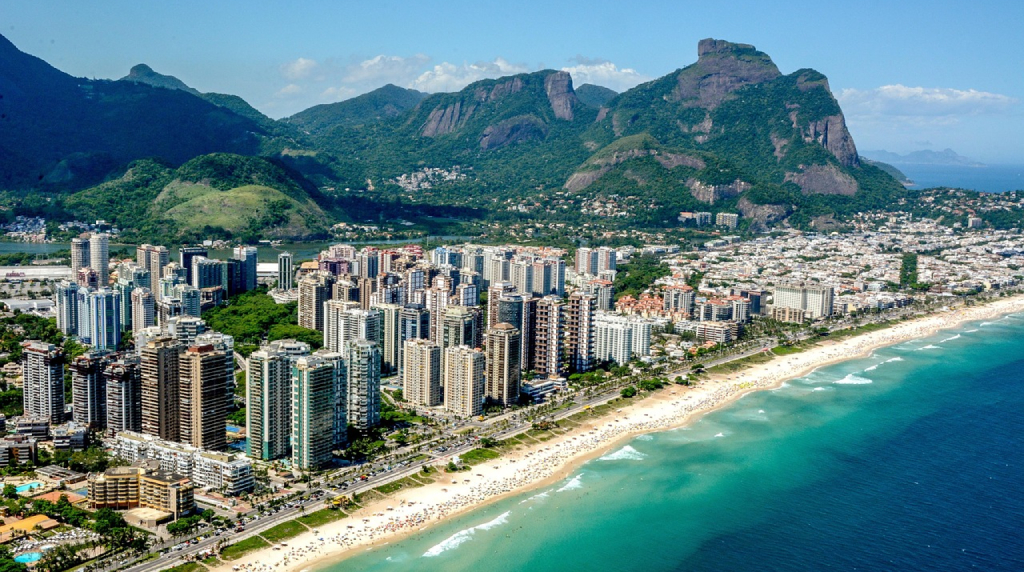Gambling Advertising Ban Discussed in Chile
An initiative to ban advertising for gambling has moved forward in Chile. This idea is being discussed by Chile’s Sports Commission next week, and will eventually go to the Senate for a vote. So far, the country’s Chamber of Deputies voted in favor of the prohibitions with 118 votes and only one against.

Chile might ban sports betting sponsorship of teams, including logos on player uniforms. Jannes Glas/Unsplash
What would the ad ban consist of?
While not a full-out ban of all gaming ads, the initiative will have a significant impact on betting houses if approved by Chile’s Senate. What the bill currently proposes is to prohibit advertising within sports clubs and sporting events, for example national tournaments.
This is a move viewed with much trepidation by Chilean bookmakers, as well as foreign operators working in Chile. As evidenced by the popularity of sports betting when it comes to global games like the Qatar 2022 World Cup, tournaments are a major draw for betting fans. The desire for bookmakers to advertise their wares on these occasions is understandable.
Despite the strong favor shown for the ban, it will need to pass through some additional legislative protocol in order to come into effect in the near future. First, Chile’s Sports Committee will discuss some specific points in the proposal. Changes may or may not be suggested based on this discussion.
The committee will address eight aspects of the bill. Deputies have already stated that these particulars have been brought up before but still needed to be addressed officially. They believe the bill will pass without any issue.
Once a version is agreed on by the majority of the Committee, it will continue on to the Senate at large for a vote. Again, deputies are confident about its future and believe it will be with the Senate by January. If approved, bookmakers who break the ban may face fines of between 500 to 2000 UF. At the moment, that is about $20,000 USD to $78,000 USD, far more than the amount an erring slot machine operator might face.
Licenses would also be revoked from not only providers who choose to advertise but also from the sports clubs that comply with advertising gambling — another measure that proves the severity of the issue in the Chilean government.
Sponsorship of sports teams is on the chopping block
The biggest shock of the legislation is what it proposes in terms of sports team sponsorships. It is true that advertising sometimes appears around a stadium or on screens at a sporting event, or even during televised games. However, this is not the only thing this bill would outlaw.
If passed as is, it would prohibit any sponsorship of Chilean teams by online bookmakers. Sponsorship is a common way for online betting brands to be seen by the public, and it results in lucrative deals for teams as well. This would be a major change for the industry in Chile, and surely companies in neighboring LATAM countries will be waiting to see if it indicates a trend.
If contracts have already been signed between sponsors and teams, these will undergo a 12-month waiting period before they are finalized, under the new law. This is essentially to prevent bookmakers from making as many deals as they can in anticipation of the bill.
Advertising on clothes and equipment of teams and general sports organizations would be prohibited. Athletes, coaches, owners, other staff and even medical providers would not be allowed to rep any online sports betting company logos on their uniforms.
Online gaming has been heavily discussed in Chile in general. Some bookmakers are active in the country but the industry remains unregulated as an initial bill has not yet been processed by the Economic Commission of the Chamber of Deputies. It has now been more than three months since an official delay was requested, meaning uncertainty about if and when such regulation will ever come to pass. It seems likely since the government is so determined to regulate gaming advertising, that online gaming will follow soon.



